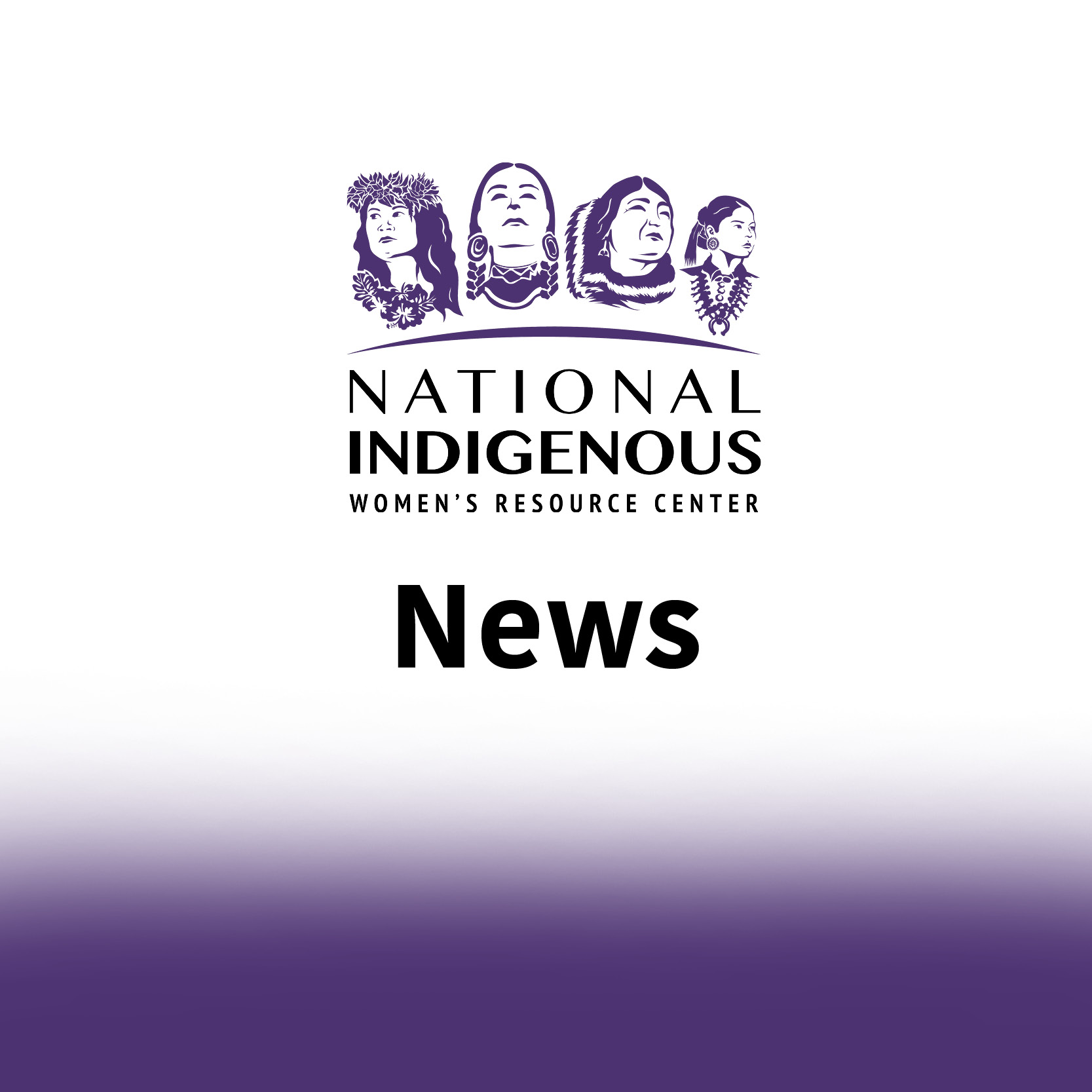NIWRC Statement on Kamloops Indian Residential School
 FOR IMMEDIATE RELEASE
FOR IMMEDIATE RELEASE
(LAME DEER, Mont., June 11, 2021)— The National Indigenous Women’s Resource Center and our MMIW Family Advisors Council have struggled the past two weeks to process the news coming out of British Columbia, Canada. Many of us are boarding school survivors ourselves or descendants of, and so understandably, finding out that the efforts of Tk’emlúps te Secwépemc led to the discovery of a mass grave of 215 First Nations children at the Kamloops Indian Residential School was deeply unsettling on so many levels. Many of us have struggled with our own memories, our own family histories, and the ways in which the violence of boarding schools has manifested into tangible pain and harm in our own lives. In that vein, it has been an incredible challenge to write this statement. This news has paralyzed us. So all that we are left to do in this moment is grieve alongside our relatives at Tk’emlúps te Secwépemc.
These 215 lives represent an unfathomable loss. This was both an act of physical genocide and of cultural genocide. Generations of First Nations children were stolen from their homes and placed into institutions of unspeakable darkness. They were forced into assimilative, church-run government-sanctioned “schools,” where they were intentionally and systematically stripped of everything that made them Indigenous. They endured acts of sexual, physical, emotional and cultural abuse and violence generation after generation. The impact of this state sanctioned violence cannot be overstated. Communities continue to be devastated by historical and intergenerational trauma and by a genocide and occupation that continues up to this very moment. Canada must answer for this.
While Indigenous resilience is ever-present in defiance to colonization, this resilience should never have been made to stand the test of genocide. Like many missing and murdered relatives, these children were invisible and dispensable to the settler world as a result of intentional settler violence. So, given the work that we do alongside countless others around trauma, violence and missing and murdered relatives, we seek to honor and remember these 215 children. Through our work, we will uplift their communities, their Nations, and their families and we will continue to hold them close to us as they heal.
We will also continue the hard work of liberation within ourselves and our nations. As stated above, many of us have been impacted personally either as boarding school survivors or as survivor descendants. Part of healing is accountability. In that regard, it is imperative that the United States begins to do the hard work of addressing the physical and cultural genocide it has exacted on Indigenous people. This country’s history of boarding schools and state violence is well-documented, and yet the general public is largely ignorant to the legacy of their institutions. We seek to hold them accountable.
But today, we mourn. Today, we remember. Today, we offer our prayers for our relatives impacted by this incident to embrace family, culture and community in healing.





